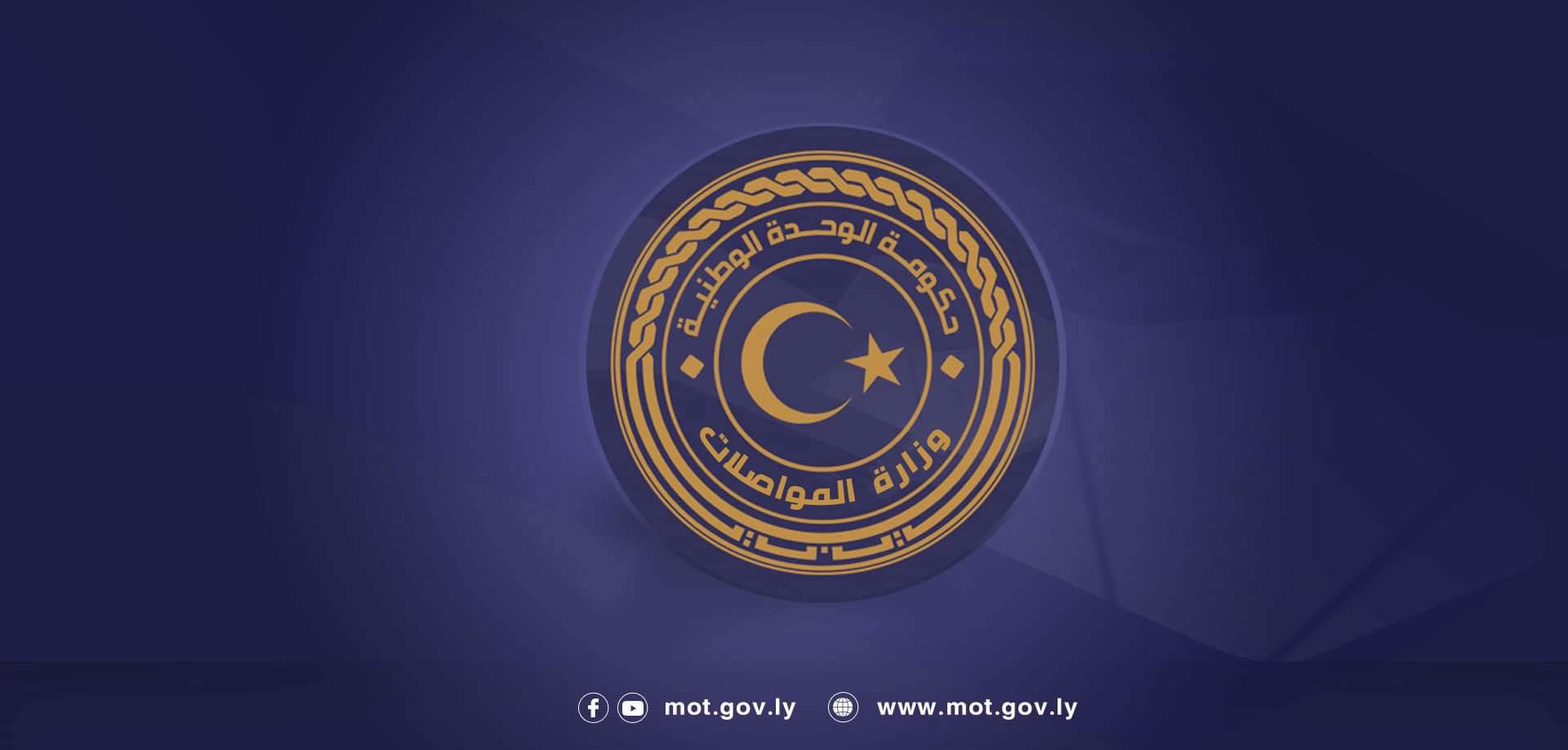By Ajnadin Mustafa.
Tripoli, 21 June 2015:
Plans for an assembly of Libya’s tribes on Thursday at Soloug, south of Benghazi, have been . . .[restrict]postponed because of security issues, the Libya Herald has been told.
Sources connected to the planned event, supposed to involve tribes from across the entire country, have indicated that there are security concerns in the area as well as in regards to travel to Soloug by representatives from the west and south.
It is understood that there were also issues about who in the west and south were going to represent the tribes there.
The gathering was supposed to debate the current crisis. In particular, it was expected to be asked to give its backing to the UN-brokered Dialogue in Skhirat, Morocco, and the Draft agreement initialled earlier this month by all the delegates to the Dialogue apart from those representing the rump General National Congress in Tripoli.
At a preparatory meeting for the Soloug assembly in Bani Walid last month, tribal representatives attending the meeting decisively rejected the Dialogue. However, although it was said to be the largest ever tribal gathering in the town, home to the Warfalla tribe, there was limited representation from the east.
This newspaper has been told that it is now hoped to hold the Soloug meeting in mid or late August.
There have been a number of gatherings in recent weeks both inside and outside the country at which tribes have debated Libya’s situation. In March, leaders from Cyrenaican and Fezzani tribes as well as from Zintan and the Tebus came out with a strong statement of support for the House of Representatives. This was followed in May by a much larger assembly of Libyan tribes in Cairo. However, a number of others, notably the Barasa tribe, boycotted the proceedings on the grounds that there should be no such gatherings outside the country – the same complaint as from those in Bani Walid last month who rejected the Dialogue meetings taking place in Morocco.
They and others then met in June at the Barasa’s invitation near Beida where they called for a restoration of the 1951 constitution.
So far, however, nothing concrete has come from these and other tribal meetings, most of which have tended to reflect the views of the tribe in the locality where the gathering has been held. [/restrict]








